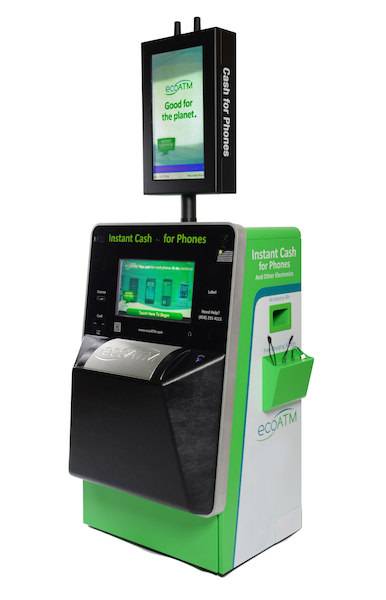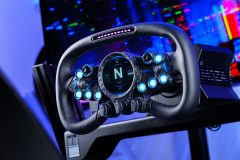At this point in time, wearables have been localized in their impact: they measure heart rate, distance traveled (walked, ran, etc.), calories burned, water and caffeine intake (as with Samsung’s Gear S2), and some even include sleep tracking as well. Outside of this, though, fitness gurus or the more medically enthusiastic among us may find the current health and fitness information to be a little too “bland,” not enough to allow them to engage in their health on a regular basis as they desire. To aid in this endeavor, Korean giant Samsung has announced the world’s first bio-processor that offers all the fitness sensors you’ll need by way of an all-in-one system chip.
Samsung’s first bio-processor, or fitness processor, as some call it, will integrate all the sensors and circuits to measure advanced fitness and health data on one chip. Samsung’s bio-processor utilizes five analog front ends (or AFEs) such as 1) BIA, or biometrical impedance analysis (to measure body fat or mass), 2) electrocardiogram (or ECG) to measure heart rhythm, BPMs or beats per minute, and other heart tests, 3) galvanic skin response (or GSR), which measures the body’s physiological response based on sweat production, 4) skin temperature, and 5) photoplethysmogram (or PPG), which measures breathing and other blood and oxygen issues. In addition to these AFEs, Samsung will also provide the eFlash memory, digital signal processor (DSP), power management integrated circuit (PMIC), and microcontroller unit (MCU) on the same chip – making it solely for the wearables market.
Samsung has advanced the fitness and health market since its introduction of S-Health to the Galaxy S3 back in 2012. Since then, Samsung has gone on to continue adding to its S-Health information while opening the once-exclusive Samsung app up to all Android devices. The Korean giant introduced heart rate monitoring into its first wearable with the Gear 2 and Gear 2 Neo, and launched its first fitness band, the Gear Fit, in early 2014. Samsung incorporated heart rate monitors into its smartphone lineup with the Galaxy S5 announcement in the same year.
The Gear S, Samsung’s smartwatch unveiled at the end of 2014, tracks heart rate, distance, calories burned, as well as sleep patterns. The Galaxy S6, S6 edge, S6 edge+, Galaxy Note5, and the company’s latest Gear S2 smartwatch continue the tradition of heart rate monitoring, with Samsung addition auto HR into its Gear S2 smartwatch – that, by the way, tracks your heart rate frequently (or seldomly) based on customer setup without the need to press buttons with each heart assessment.
Samsung is all set to release its first bio-processor into future wearables in early 2016, with a possible wearables announcement including the all-in-one chip in February with the rumored launch of the Galaxy S7 set for that time.


















